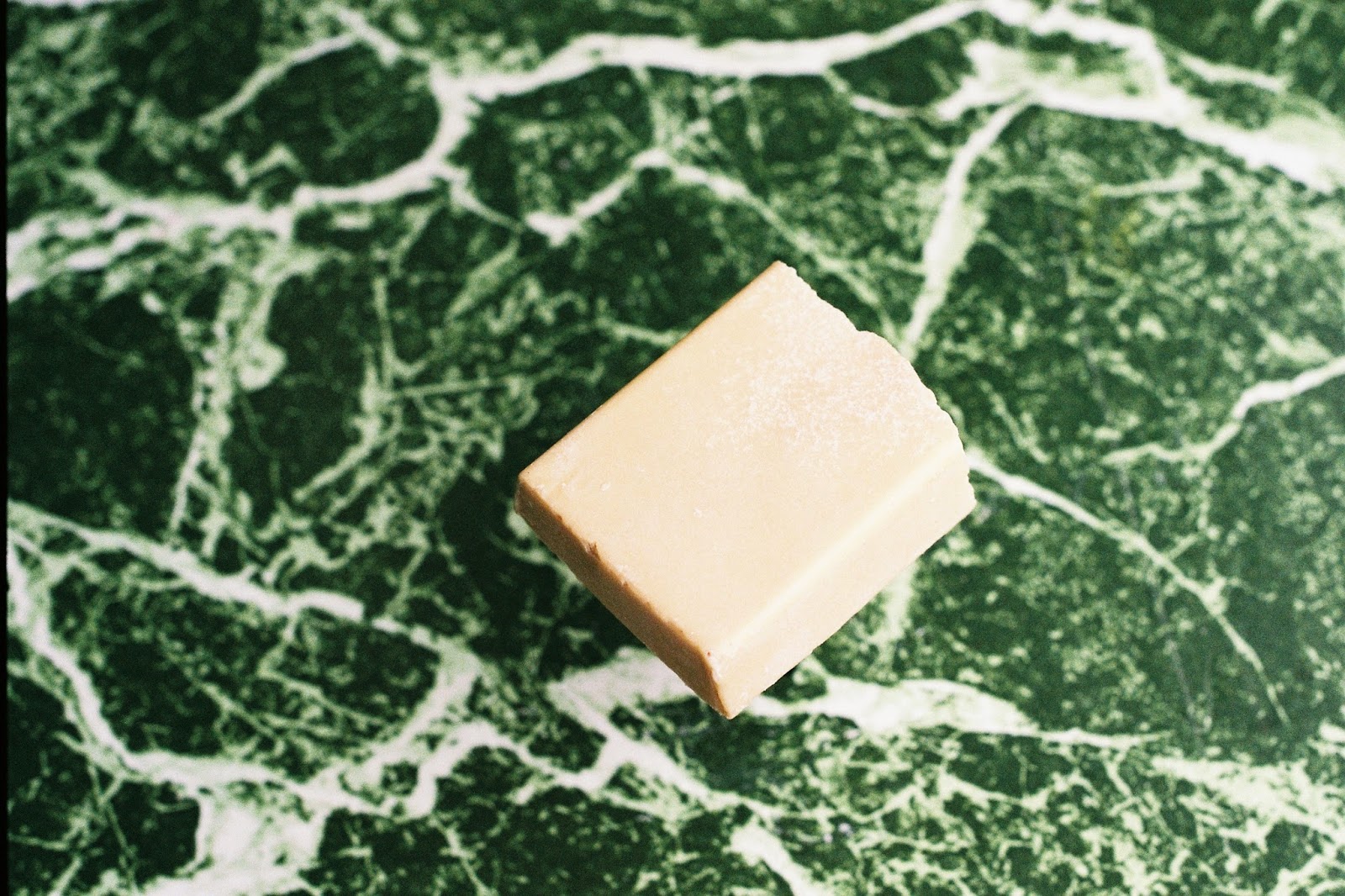your voice house
It might be inferred, from what I’ve said, that any old remix will do. Not so: there are good and bad ones. Tristan Tzara cutting Shakespeare sonnets up and pulling their words from hats is an exercise in randomizing. William Burroughs and Brion Gysin mixing poems in with sliced-up pages of The New York Times is quite another matter: it is assiduous composition—composition understood in all its secondary nature: as reading, tracing, reconfiguring. Using the same technique, Gysin comes up with a few clumsy permutations along the lines of “Rub the Word Right Out . . . Word Right Rub the Out” and so on—whereas Burroughs generates such gorgeous sequences as:
Visit of memories. Only your dance and your voice house. On the suburban air improbable desertions . . . all harmonic pine for strife.or
The great skies are open. Supreme bugle burning flesh children to mist.
Why does Burroughs conjure so much more richness from the same source material? Because (unlike the painter Gysin, whose skill lies primarily in the domain of images), he has uploaded the right verbal remix software. He has read and memorized his Dante, his Shakespeare, his Eliot—to such an extent that his activity as a composer consists of giving himself over to their cadences and echoes, their pulses, codas, loops, the better that these may work their way, through him, The New York Times and any other body thrown into the mix, into an audibility that, booming and echoing in the here-and-now, transforms all the mix’s elements, and time itself.This is what all good writers are doing, and always have been.
an adobe copier coller poem
f th· '11 0 be such an enormous 'ollcction of forms that tb.
us ... , The consequdencedo 1S wdl
. s:~st libraries as book~ :lfe now:'1<1 ey="" iviu="" span="">
ha ve to be c1assifie an arrange. ) mf the cool'uncti' on ofNalurc an d
Art. 1' 11 pI l otography tw
Speaking (as we are oftn ce agadm . 0 der to
eye bath in a yellow shot glass
Sati Leonne
Faulks MMXIV.
Fascination
is inside the spectator and often has nothing to do with the intentions of the
photographer. Sati and I are in his apartment, we are talking about
photography, we come to a kind of riff on Barthes, that the photo presents
stuff, a kind of generalised presentation of stuff that everyone looking at the
image will see. What is. And then, sometimes, among that stuff
is a hint at something deeper, an element, as RB speaking anglais would say, "which rises
from the scene, shoots out of it like an arrow, and pierces me."
We are in his
apartment; making soup, drinking tea. A girl that we just met called Johanna is
looking at one of the prints that will be up on the wall on Sunday, and she
interrupted, saying, "where did you find eucalyptus? I was wearing a crown
of this on my birthday."
What happens
when you want to reach beyond the frame and see where do those legs go,
that you want to see the face of the body they are attached to, because it
may be beautiful and I might recognise it, or you want to reach into it and
touch that strange object - soap? – or penetrate that
darkness, or have it flicker into life because something is
happening and you want to know what. But you can't. It is
this arrested desire, the tension of wanting the impossible, which can make a
photo interesting. It needs to pierce you and you need to want it.
We are in the
apartment drinking tea, I add one drop of peppermint oil to mine, because I am
sick. The swedish Johanna gets some in her eye; we give her an eye bath in a
yellow shot glass; she is wiping her face with a purple towel. A photo is
taken.
Stolen paper. The janitor is
riding on a trottinette through the
long square corridors. He is wearing a tyrian purple turtleneck and reminds me
of uncle fester. He glides into the lift with one leg gracefully lifted at the
back, like a 50s poster heel-flick kiss. The paper is blue and unguarded (depression on the therapist’s couch). Half an hour later, I see Leqi (pronounced Lucky) thanking the janitor for finding her trottinette, which she had misplaced and been frantically searching for. He received her thanks with gracious solemnity, nodding. Pale teal gratis.
@ marcovaldo, 61 rue charlot, le marais, Paris
dimanche, 19h-21h
Subscribe to:
Comments (Atom)















